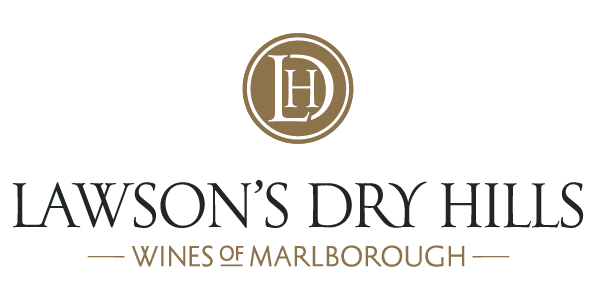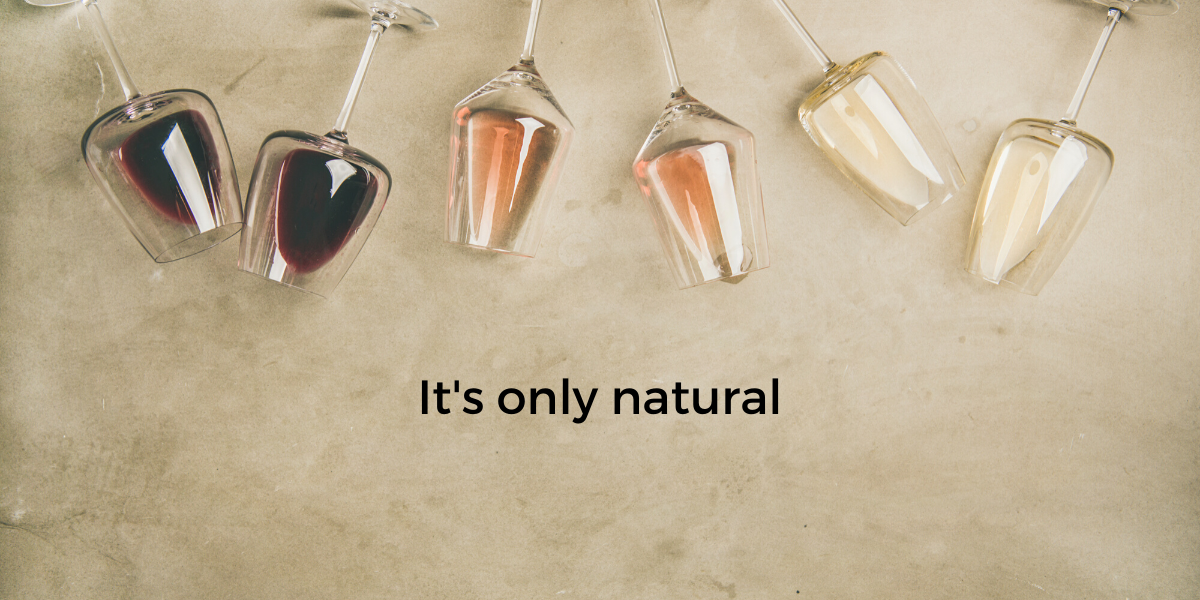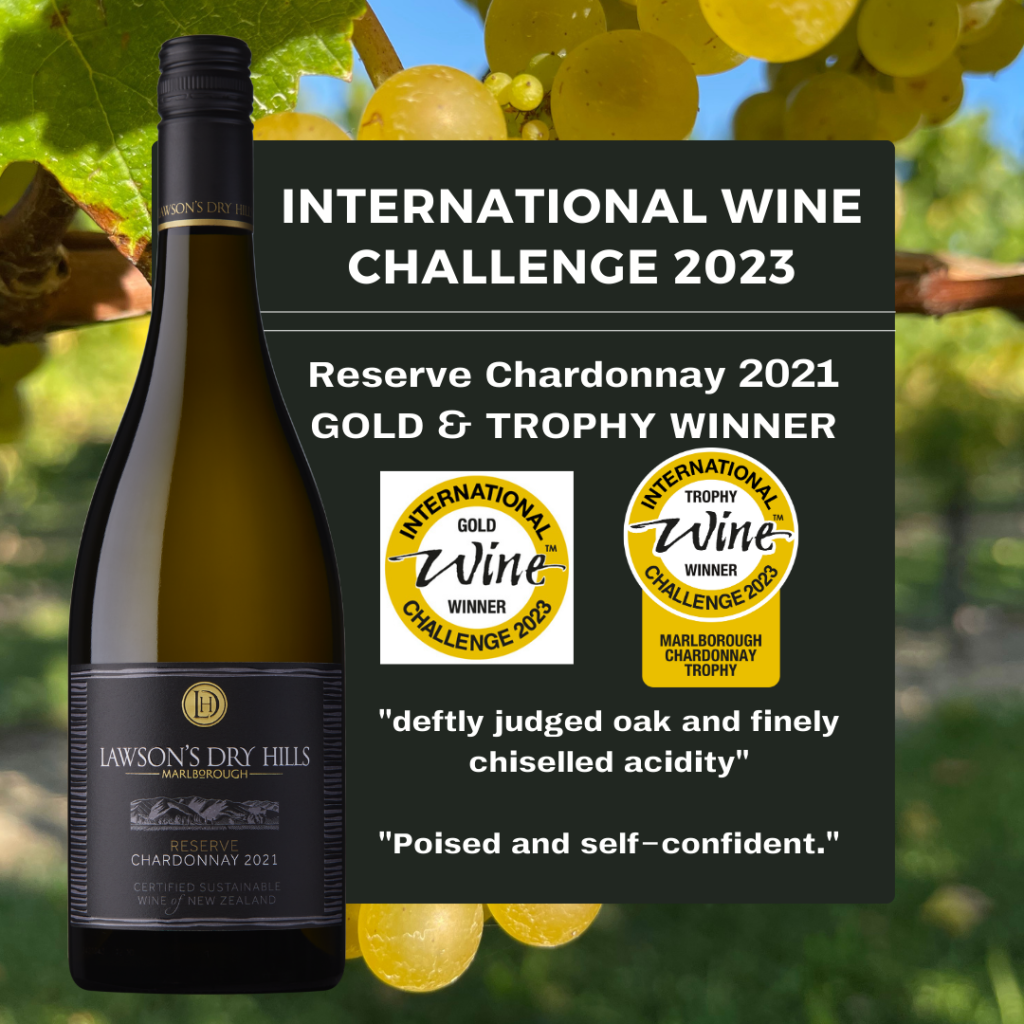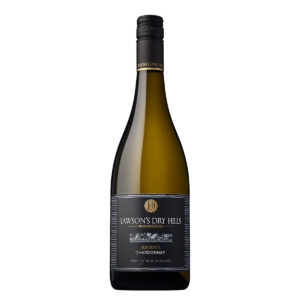If you think you’re hearing more and more about natural wine, you’re not alone. While currently a mere drop in the wine ocean, interest in natural wine is gaining momentum at a rate that defies its modest volumes. As today’s consumers are increasingly wanting to know what ingredients are in the wine and food they’re buying and are willing to pay a premium for products they perceive as being ‘natural’, our curiosity about natural wines can only keep growing. With some wine drinkers reporting fewer or no side effects like hangovers from drinking natural wine, you begin to understand what the fuss is all about.
So what exactly is ‘natural’ wine. While there is no legal definition, it means that the grapes have been grown and the wine made with minimal chemical or mechanical intervention along the way. Some would say it takes winemaking back to the way it was centuries ago – long before modern science got involved.
In conventional wine production, there is plenty of scope for viticulturists to use herbicides, pesticide or fungicides to protect the grapes and ensure the fruit reaches its potential (although New Zealand vineyards must be certified by Sustainable Winegrowing New Zealand which employs strict criteria). Why should we worry? Decanter magazine reported that a recent study of French wine showed 90% contained traces of at least one pesticide, albeit at very low levels. Then during the winemaking process, winemakers have the latitude to use around 72 permissible additives including yeasts, enzymes, proteins, tannins and bacteria to enhance their wines, depending on the winemaking rules and controls of their region. After that, a raft of techniques including temperature-controlled fermentation, lees stirring, fining and filtering may be used to further manipulate the end result.
In natural wine production however, the options are considerably limited. Grapes must be grown organically or bio-dynamically which, among other disciplines, means there’s no reliance on synthetic herbicides or pesticides. As Lawson’s Dry Hills winemaker Marcus Wright, pointed out, “There are still sprays that you can use, but your options are limited. You have to keep a very good eye on things, because the sprays are much softer.” With science doing little to help, viticulturists have to work with the forces of nature. Ploughing is minimised, soil is often enriched with compost rather than fertilizers and the vines require careful management.
Once in the winery, the winemaker’s wings are clipped considerably. Only the grapes’ natural yeasts are used in fermentation and minimal or no sulphur is added. There’s no fining to remove sediment, nothing is added to rectify sugar or acid levels, even the use of oak barrels is minimised by many, preferring the natural taste of the grapes to be the driving force. As a result, natural wine is typically very much ‘alive’ when it’s bottled. White wines will often look cloudy as the wine may rest on skins for long periods; such skin contact potentially helping to naturally preserve the wine. However, that cloudy appearance is nothing to be alarmed about. The requirements of Sustainable Winegrowing New Zealand ensure the purity of the wine isn’t compromised by chemical residues.
There’s also an increased chance of popping the cork on a bad bottle. That said, many natural wines look bright and vibrant and present an abundance of flavour in the glass. Marcus tried his hand at a natural wine using conventional grapes recently. “We actually made a Gewürztraminer using natural techniques, with no added yeasts, left it on skins for 100 days and it was absolutely delicious.”
Of course, there are risks. With the whole process from grape to bottle presenting a range of challenges and the risks increasing considerably, you can understand the reluctance of many larger wine producers to dabble with natural wines. So why should we get excited about them? Perhaps we may be jumping the gun, but if the craft beer revolution gives us anything to learn from, natural wine could have a significant impact. Indeed, Marcus sees natural wines as, “The craft beer of the wine world. They have the potential to capture the attention of the younger generation who don’t have preconceptions about what they buy and drink.” Today, craft beers are no longer the fringe but are arguably the drivers of change in what once was a dying market.
So, could the natural wine movement mimic the craft beer phenomenon? Natural wines are making an impact right around the world as vignerons of all cultures and countries are getting involved, while many bars and restaurants are only too eager to offer natural wines to their customers. Closer to home, a visit to ‘Cave à Vin’ – a bar which serves only natural wines on Auckland’s North Shore – provides a glimpse into what’s happening and the diversity of wines on offer. As you look around the rustic surroundings, you notice the funky label designs reminiscent of the hippie era. Behind the rough sawn timber bar, our host, Romain, originally from Beaujolais, paints a vivid picture of what is happening with natural wine from a French perspective.
Romain described how, despite their strict adherence to the disciplines of appellation and tradition, a growing number of French winemakers are joining the movement and producing some exciting wines. Similarly, natural wines are popping up in California and Australia as well as New Zealand with many available for tasting at this quirky establishment. Sure, they’re not all great, natural wines tend to age quicker in the bottle and there’s a risk of striking the odd one that’s dull and flat, though it wasn’t difficult to find some shining lights as well.
Right now, there are very few natural wines in the major wine stores and supermarkets, so how are consumer likely to respond as more of them appear on the shelves? According to global market research company Kline Research, consumers are willing to pay a premium for products they perceive as being ‘natural’, particularly millennials who are, of course, the new generation of wine drinkers. Closer to home, the 2018 OANZ Organic Market Report showed that retail sales of organic products are growing twice as fast as conventional products. The New Zealand organic sector has grown ten per cent a year since 2015 and by mid-2018 was said to be worth around $600 million. So whether this increased interest in ‘natural’ will result in growing demand for natural wines, only time will tell. And there are those who insist that natural wines are nothing more than faulty – a strong opinion that is not without merit. Keep watching this space!
